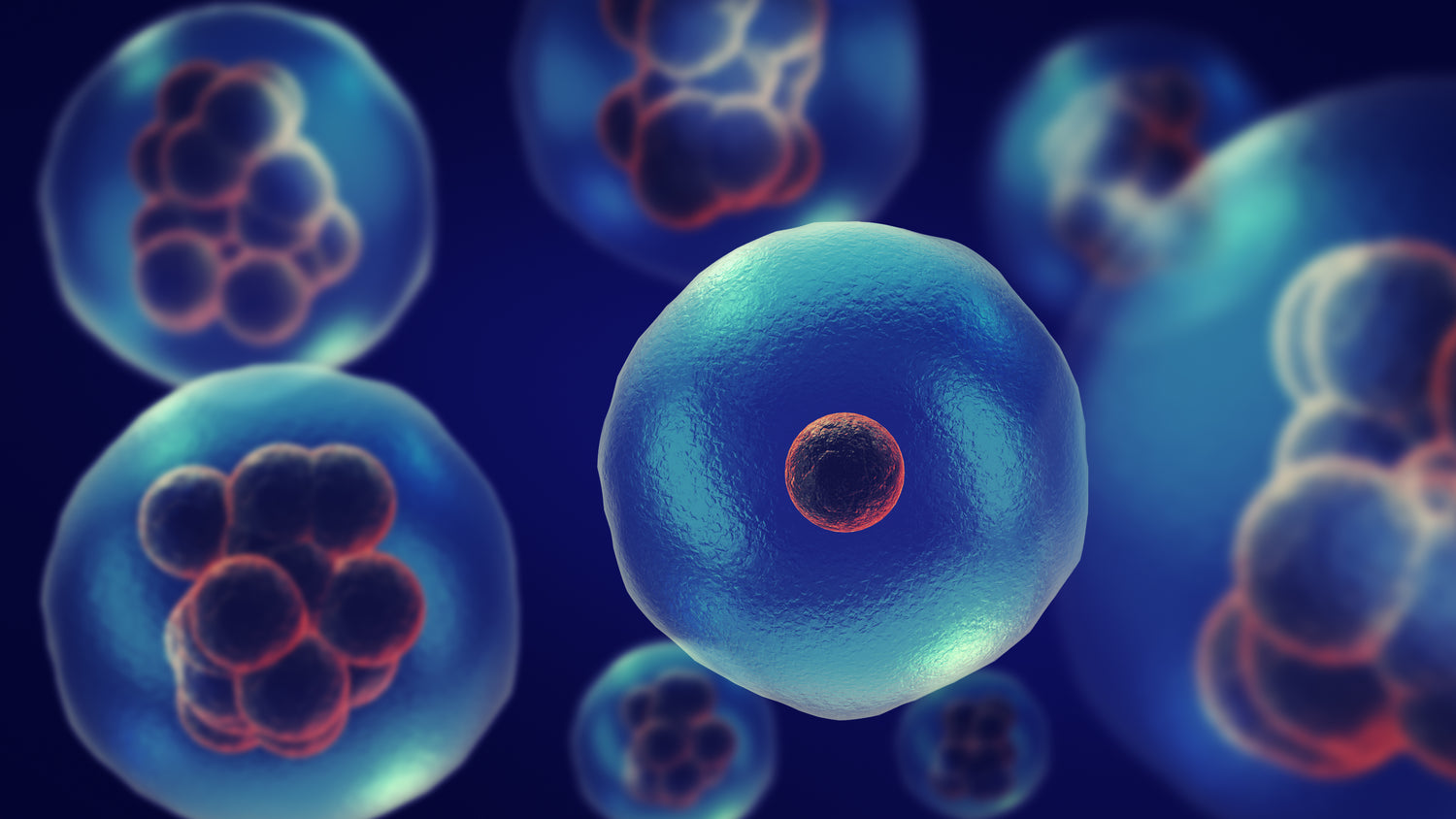To tansiton the food system, molecular farming is experiencing a renaisance as one of the protein industry’s most viable contenders.
What if we could grow a gram of pure animal protein inside a plant? Molecular farming proposes to do just that.
Plant molecular farming (PMF) is an application of biotechnology that traditionally involves using genetically modified plants to produce useful products pharmaceutical products such as enzymes, and vaccines. Molecular farming was first demonstrated more than 30 years ago when scientists produced a recombinant antibody and human serum albumin in transgenic plants.
Genetically modified plants are used as plant biofactories to produce animal proteins or bioreagents, which can then be harvested and purified for use.
How does differ Plant Molecular Farming from other alternative protein production methods?
Plant Molecular Farming experiences its renaissance in the pursuit of sustainable protein production for food purpose. But what sets it apart from other alternative protein production methods? PMF bases on the idea of genetically engineered plants to produce animal protein they wouldn’t naturally create. The key difference fermentation and PMF lies in the environment in which the organisms grow to synthesize the target molecules: precision fermentation uses bioreactors, while PMF utilizes plants, and can be grown like any other crop.
What can be made with Plant Molecular Farming?
PMF is powerful technology that can be used to produce animal-free proteins, but that isn’t all it can do. This technology can be used to produce a wide variety of proteins and ingredients sustainably.
PMF is gaining popularity due to its cost-effectiveness, scalability, and flexible output. PMF could change the food industry – opportunities and challenges
PMF has enormous potential to positively impact the food industry. Not only the alternative protein market but the traditional dairy industry as well. That said, Molecular farming also faces some challenges. Here is a recap of both sides:
Advantages
- Cost-effectiveness: Using plants as bioreactors to produce enzymes and proteins could be more cost-effective than using transgenic animals, fermentation or bioreactors. This is because plants can be grown at a larger scale with existing infrastructure.
- Sustainability: PMF can mitigate the environmental impact of manufacturing certain products by avoiding the use of excessive energy and eliminating the emission of fossil fuel pollutants.
- Timeline: The time elapsed from gene expression to when the targeted protein is produced can be relatively short, ranging from four to eight weeks. It is even possible to achieve protein expression within five days post-introduction of target gene DNA sequence using specific PMF technologies. However, in comparison, the process of producing and filtering precision fermentation dairy proteins like whey and casein is said to take about two weeks.
- Plant Growth Infrastructure: Planting, harvesting & processing expertise and infrastructure are in place for most plant species routinely used in PMF. In addition, growth room and greenhouse space can be minimized by using vertical farming technology, thereby increasing the number of plants and biomass for enhanced target protein production.
- Safety and Contamination: It is well known that plants are free from human pathogens that could be a source of risk and contamination of the final protein or other products.
Challenges
- Environmental risks: The use of genetically modified plants in PMF could potentially result in potential environmental risks. One such risk is the spread of modified genes to wild plant populations, which could alter the genetic makeup of these populations and lead to unforeseen consequences. Another risk is the displacement of native species, which could disrupt ecosystems and lead to the loss of biodiversity. In many countries, regulations have been established for GMOs to ensure their safety for both human consumption and the environment
- Societal concerns: Some people may harbour concerns about the use of genetically modified organisms in agriculture and food production. In addition, there may be cultural or ethical objections to the use of plants as bioreactors to produce certain products.
-
Downstream Processing: refers to the stage of production that follows the initial expression of the targeted protein. In this case, the challenge is to purify the target protein from the other proteins present.



